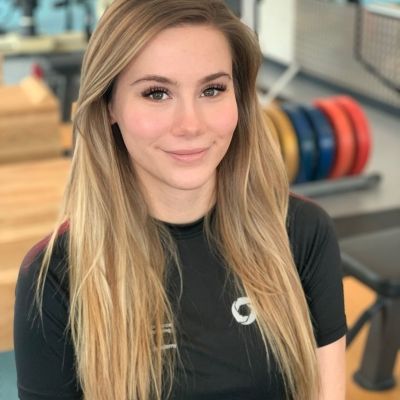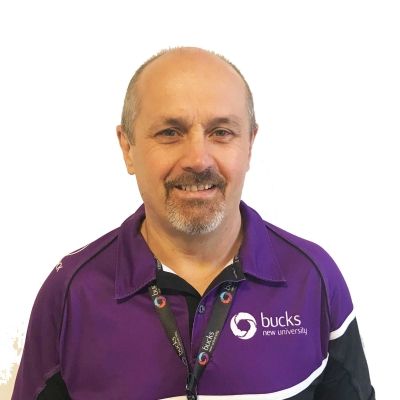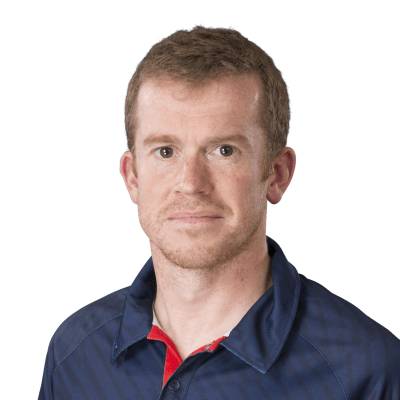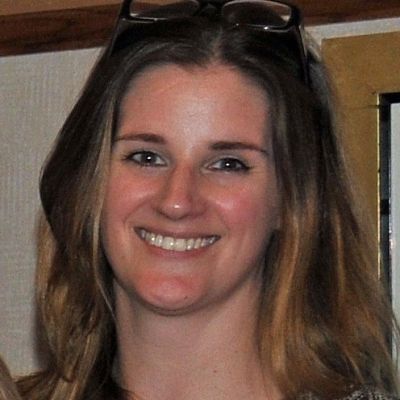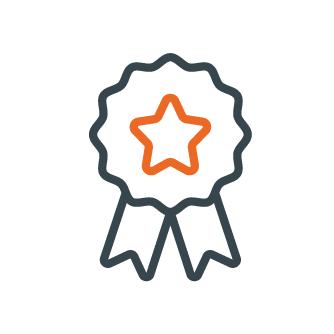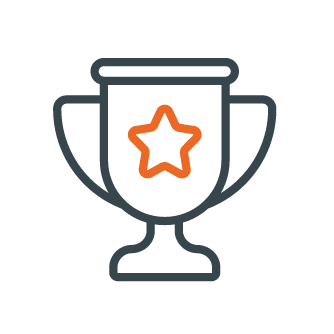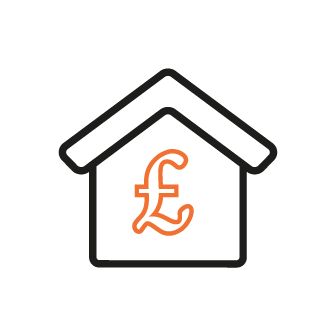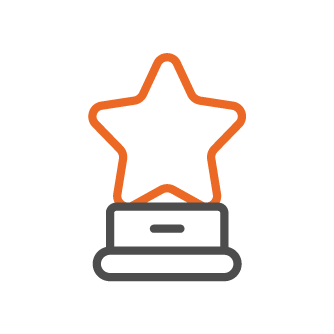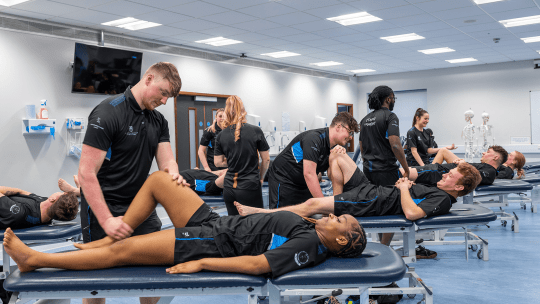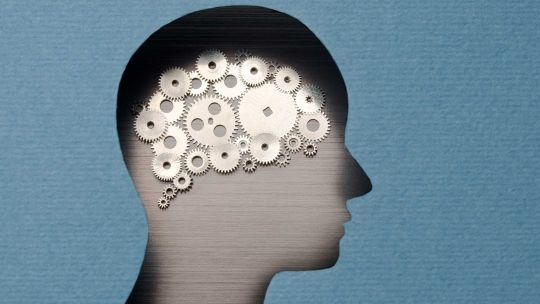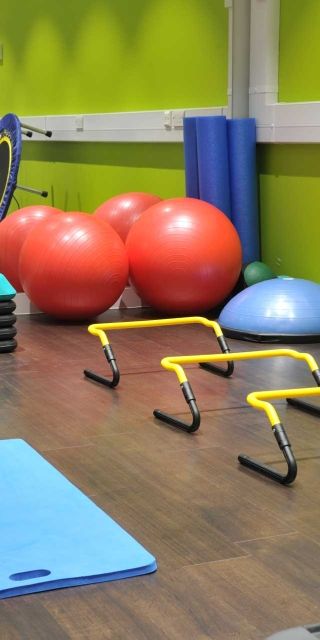
BSc (Hons) Sport and Exercise Science
- Study Mode: Full Time
- Location: High Wycombe
- Duration: Three or Four Years
- Start Date: September 2024
Gain the skills and experience you need to help you stand out in your job search. You’ll also have the opportunity to gain a level 2 fitness industry qualification alongside studying for your degree. Our sports and exercise degree is endorsed by the British Association of Sports and Exercise Sciences (BASES) organisation.
Gain valuable working experience on our industry standard facilities. Most of our work will take place in the Human Performance, Exercise and Wellbeing Centre, with a working Sports and Wellbeing Clinic and Human Performance Laboratory.
Why study at BNU?
Employers want to see your skills and work experience even if you’ve just graduated. That’s why we help you gain in demand skills through practical learning and real application of knowledge.
Throughout the course you’ll gain experience in sport and exercise science with a better understanding of the key skills we use in the workplace. You’ll get to apply your knowledge in simulated real-world environments using industry-standard facilities in our Human Performance Lab.
This course has been endorsed by the British Association of Sport and Exercise Sciences (BASES), the professional body for sport and exercise sciences in the UK. Graduating with an endorsed degree provides you with a competitive advantage from an organisation that is recognized nationally and internationally.
Using our partnerships with professional bodies, sports teams, athletes and local schools and colleges, we have based your course on what’s needed out in the field today. We’re currently linked with Watford FC, Wycombe Wanderers FC, Reading FC Women and academy teams, Swim England, British Rowing, GB para-athletes and many community level sports clubs.
Being part of the BNU family means you have access to many free events, sports teams, competitions and trips thanks to our big deal. Our student union was voted number one in the UK. (NSS 2023)
Specialisms
Buckinghamshire New University gives you more freedom to shape your career how you want it. We introduce you to various specialisms in your first year, and offer you the flexibility to choose which course leads to your career goal. After you've gotten a feel for them all, you can choose to switch to BSc (Hons) Strength and Conditioning, or continue on with your course after your first year, both awards are equal.
These courses are also offered as four-year programmes, including an initial Foundation Year. The Foundation Year will allow you to develop your academic study skills and build confidence in your abilities, identifying your own strengths and needs for progression onto a BSc or BA programme. The foundation year is available if you didn't get the grades you were expecting for the entry requirements.
What facilities can I use?
Our facilities have all you need to gain experience, undertake training, enhance your learning, and develop your fitness levels.
Most of our work takes place in the Human Performance, Exercise and Wellbeing Centre. This is where the body can be fully tested and evaluated, using specialist equipment used by sport and exercise scientists. It contains a working clinic and human performance laboratory. The work you complete here helps prepare you for your future career.
Additionally, the University has a range of sport and fitness facilities, including a commercially run sports hall and fitness centre and the Gateway Gym on our High Wycombe Campus, with competitive student rates.
Our library is packed with all the information you need for your assessments and there’s plenty of room to knuckle down for some quiet study.
What will I study?
This course is designed to provide you with complete understanding of the key scientific principles behind exercise science: physiology, biomechanics, sports psychology, strength and conditioning, and performance analysis.
Endorsed by the British Association of Sport and Exercise Sciences (BASES), our degree combines scientific principles and research with a more practical approach to study.
Theoretical knowledge gained at the beginning of the course will be applied to simulated real-world examples to reflect industry practice. Applied research becomes connected with health and performance-based learning, and you will have the opportunity to gain a Level 2 fitness industry qualification alongside the main degree programme.
Practical sessions will introduce you to a range of fitness tests or provide learning opportunities where theoretical information can be demonstrated working in real time.
Throughout the degree you will receive guidance and support from lecturers to help steer yourself towards your desired career goals. We aim to introduce you to many functional tools used in industry to conduct research, day to day tasks and reach the next level of understanding.
We’ll develop critical thinking skills, leadership abilities, and a detailed scientific reasoning process. This will culminate in a core Sports Science in Practice module, designed to allow you to lead on the delivery of sports science services both internally and to external stakeholders and partners, enhancing your employability.
How will I be taught and assessed?
Assessments are designed to equip you with industry knowledge, experience, academic and cognitive, and critical and transferrable skills.
There is a varied amount of assessment on this course. It is predominantly based on coursework and practical assessments. Where possible assessments are designed to mirror ‘real world’ sport and exercise science and strength and conditioning activities so you may find them useful experiences when you graduate.
What are the course entry requirements?
A typical offer will require a UCAS tariff score of: 88 - 112 (Full-time) or 32 - 56 (Foundation Year)
UCAS points can be obtained through qualifications such as A levels, T levels, BTEC or an Access to Higher Education course in a relevant subject. Please list all your qualifications on the application form as you will be asked to provide copies when we receive your application.
A minimum of two full A-levels (or equivalent) is required. Every application is considered on an individual basis.
For further details of our international English entry requirements, please visit our international pages.
Applicants who do not meet the minimum requirements for the three-year undergraduate programme, or those who do not feel fully prepared for a degree course, can apply for a four-year programme including a Foundation Year; find out more.
Modules
This provides a guide of the modules that make up your course. You can find more information about how your course is structured on our Academic Advice section.
This course has Opportunity modules.
Opportunity modules are a key part of the BNU curriculum. You’ll choose modules in both your first and second year from a broad selection in areas such as sustainability, entrepreneurship, creativity, digital skills, personal growth, civic engagement, health & wellbeing and employment. Opportunity modules are designed to enable you to develop outside the traditional boundaries of your discipline and help you to further stand out from the crowd to future employers. Find out more.
You must choose 2 x 10 credit Level 4 Opportunity modules from the Opportunity module catalogue www.bnu.ac.uk/oppmodules.
What are the tuition fees
Home
-
Home, Academic Year 2024 - 2025: £9,250 per year
International
-
Overseas/International, Academic Year 2024 - 2025: £15,150 per year
What are my career prospects?
The blend of theoretical, practical and work-based learning you’ll experience in this course will set you up for a career within the fields of high-performance sport or clinical exercise.
You can choose from a range of career possibilities, such as:
- sport and exercise scientist
- strength and conditioning coach
- health assessment and screening
- performance analysis
- sports coach
- teacher training
- health and fitness club management
- fitness consultancy (PT)
- personal fitness training (PT)
- corporate health advice
- armed forces
Graduates can also choose to study for a Postgraduate course, such as our MSc in Sports Performance, or apply for graduate sport programmes.
You’ll also have the chance to apply for BASES membership which is now becoming required for many jobs in the industry.
Course leader

